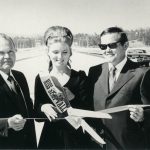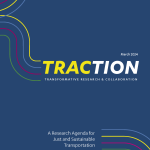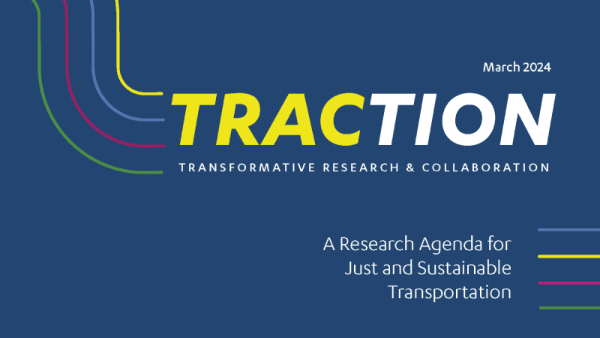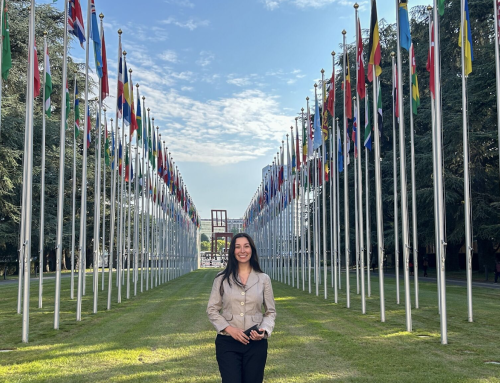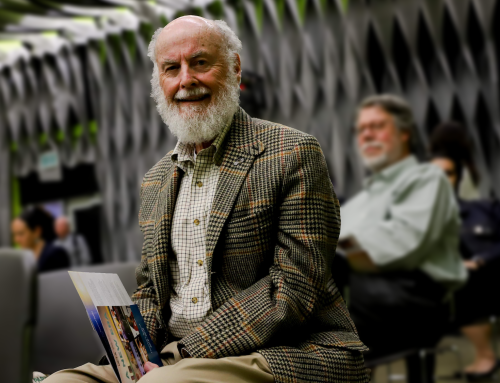New faculty seeks to advance science of transportation equity
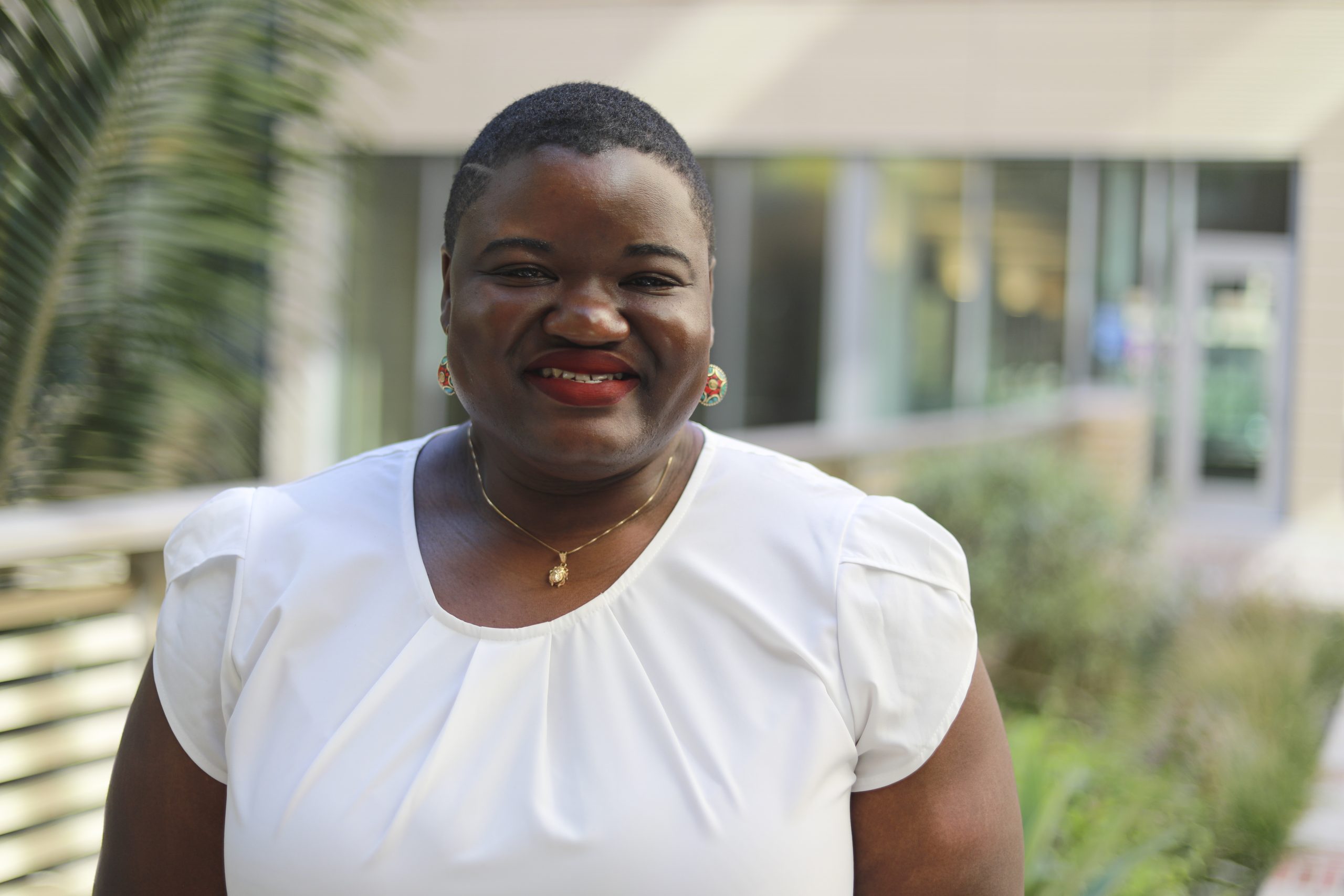
Tierra Bills joins UCLA with dual appointments in engineering, public policy
Before joining UCLA, Tierra Bills spent years combing through travel data from surveys and smart transportation technologies. She focused on travel-demand models and how they can be used to tackle the needs of vulnerable communities.
The implications of this work are massive. “These models are used to guide billions of dollars in spending every year,” Bills said. “If we’re using models that are flawed when it comes to reflecting target communities, it’s problematic.”
Now Bills is an assistant professor at UCLA – with dual appointments in the departments of Civil & Environmental Engineering and Public Policy – where her research into travel behavior analysis will expand.
“The objective is to advance transportation equity and make sure we have the tools to measure how transportation systems and policies impact vulnerable communities.”
The following Q&A with professor Bills has been edited for length and clarity.
Will your research focus shift at all while at UCLA?
My research plan is to advance the science of transportation equity. Equity as a term is so widely used, but the tools available for evaluating equity impacts are still limited. The reality is we still don’t know a whole lot about how to move from where we are, to a more equitable state, and to be fair, that’s not just a transportation problem.
We have a long history of studying equity and environmental justice. We know transportation inequities happened in the past and equity issues persist today; we have textbooks and articles about that. But we don’t know much about how to move the needle from a practical perspective. So there’s a whole lot of work to be done. Many scholars study the theories of equity and help us to understand what is “fair” in terms of transportation outcomes, but the theorizing really outpaces the tools, systems and policies that are available for real-world implementation.
My objective is to advance the methods. Over the past few years, my work has been focused on representation in transportation data. Now I’m making steps toward focusing on the modeling. I’m interested in advancing a framework for travel demand analysis that captures how travel constraints can vary systematically across the population.
I’m interested in studying how to you factor in social effects like racial discrimination on transportation opportunities. Even in emerging shared ridership services, it’s clear that African Americans experience higher constraints, like longer wait times and more trip cancellations. That’s been confirmed by other experiments and data analyses. What we don’t have are mechanisms for capturing how discrimination can ultimately affect their travel decisions and outcomes.
You have a dual appointment in Engineering and Public Affairs. How do you see your work/research spanning both?
Developing travel models more reflective of the travel dynamics of vulnerable travelers will put us in a better position to identify what existing or new policies are needed to advance equity. We need to know what policies are going to be more equitable; what’s going to actually move the needle. Once we have established methods, we can start learning which types of policies will provide the greatest boosts; boosts in equity. I’m excited about the opportunity to move my research in that direction.
There are many different definitions of equity. How will you define it as you approach your work and look to evaluate policies that are meant to increase transportation equity?
This is a big question. In the past, I have mostly stayed away from saying what should be the definition of equity. I am not sure there is a universal definition that is relevant in all cases. But I have developed a working structure around definitions of equity. We know that equity defines a distribution of goods or power (costs, benefits, influence in decision-making, etc.) that is fair, with “fair” in quotations. But what is considered fair? And fair for whom? So there is a need to define how groups are compared (horizontally or vertically?), what groupings are relevant (by income, race, or space?), and of course, the rule and benchmarks for determining progress toward/away from equity.
There are still so many gaps with defining equity for a given community; huge gaps. We know that deciding on equity goals should involve deep community outreach. But beyond that, we don’t have great guidance for how to define what is fair for a particular community.
So I don’t have a great answer here, but this is bringing up some big holes in this research area. I am excited about getting involved in more community engagement opportunities around transportation investments and policies. It is a complex thing, but I think more case studies on community-based efforts to define transportation equity will help create better guidelines.
How do you feel that transportation planners/engineers have addressed issues of transportation equity over the last few years? Have you seen any shifts in recent years that are promising to you?
I think it’s an exciting time. Even my position is quite a statement for UCLA to make. [Bills’ position is part of a campuswide “Rising to the Challenge” initiative spearheaded by the Ralph J. Bunche Center to expand the scope and depth of scholarship that address racial equity issues, including recruitment of new faculty to address issues of the Black experience.]
It’s a huge acknowledgment that engineering is made more excellent and innovative when we focus on equity. The growing discourse about equity, across many fields of study, has opened up more resources for students and researchers. To me, it’s a big deal. With this type of laser focus on equity, we’ll be able to fill these research holes and move the needle forward.
What courses will you be teaching?
In spring, I’ll be teaching Travel Behavior Analysis and Forecasting. And in the fall, I’ll be teaching a new course on transportation equity analysis.
How can students reach you if they’re curious about your work?
They can reach me via email at tsbills@ucla.edu. I’ll also have an office in SEAS. I’ll be located at Boelter Hall 4731E; E as in “equity”. And in Luskin, my office will be in 6381 Public Affairs Building.
Is there anything, in particular, you’re excited to do in Los Angeles?
I’m looking forward to meeting people! (This pandemic has really constrained opportunities to meet folks and make friends). Beyond that, I’m eager to explore more outdoors activities (hiking, boating, camping, etc) and the amazing arts scene here in LA.
Recent Posts
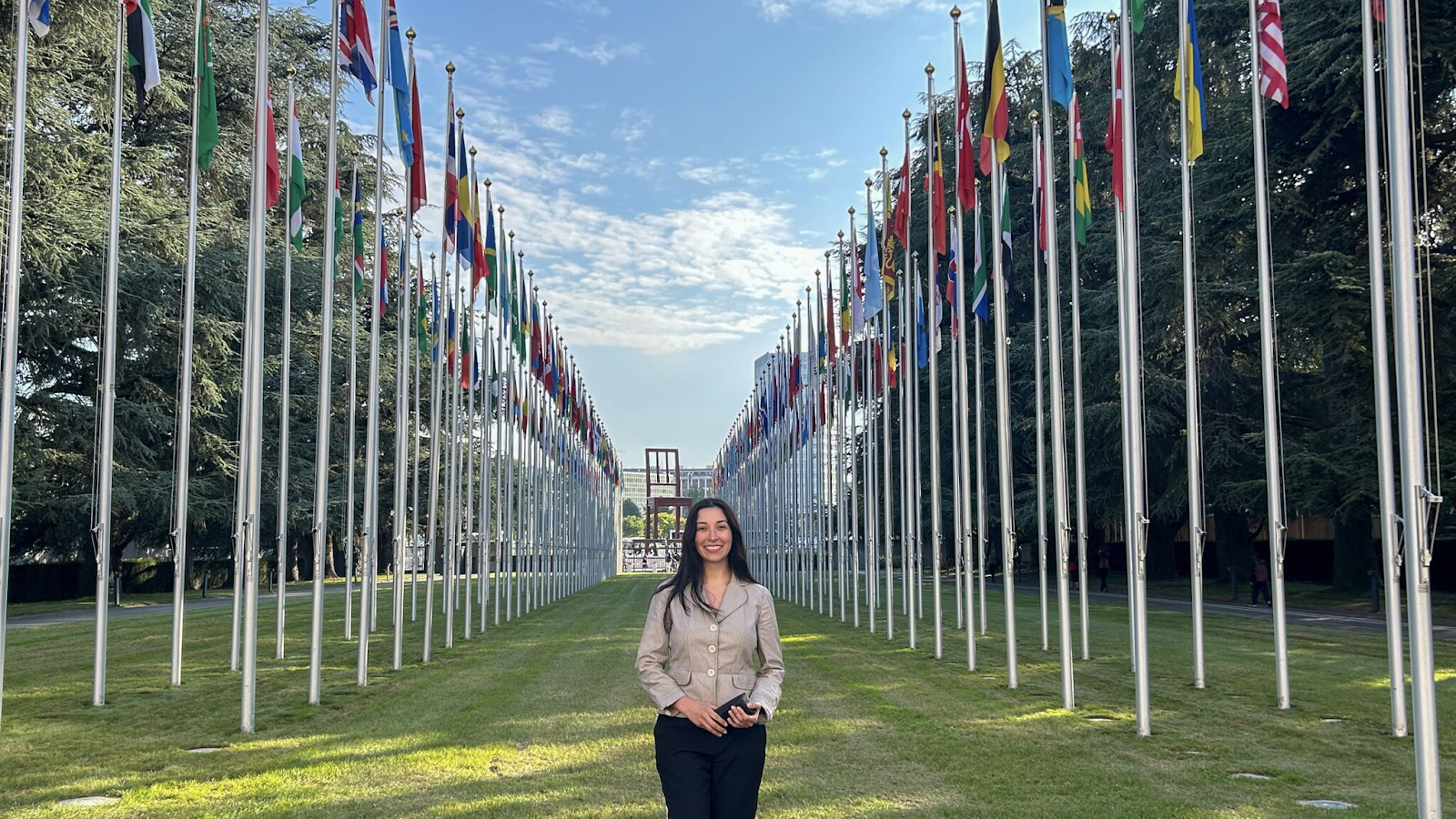
MURP student ‘speaking up’ for equity in transportation and planning
Veronica De Santos spent a semester abroad in Geneva, where she called on global leaders to invest in underrepresented voices shaping the future of sustainability and transportation.
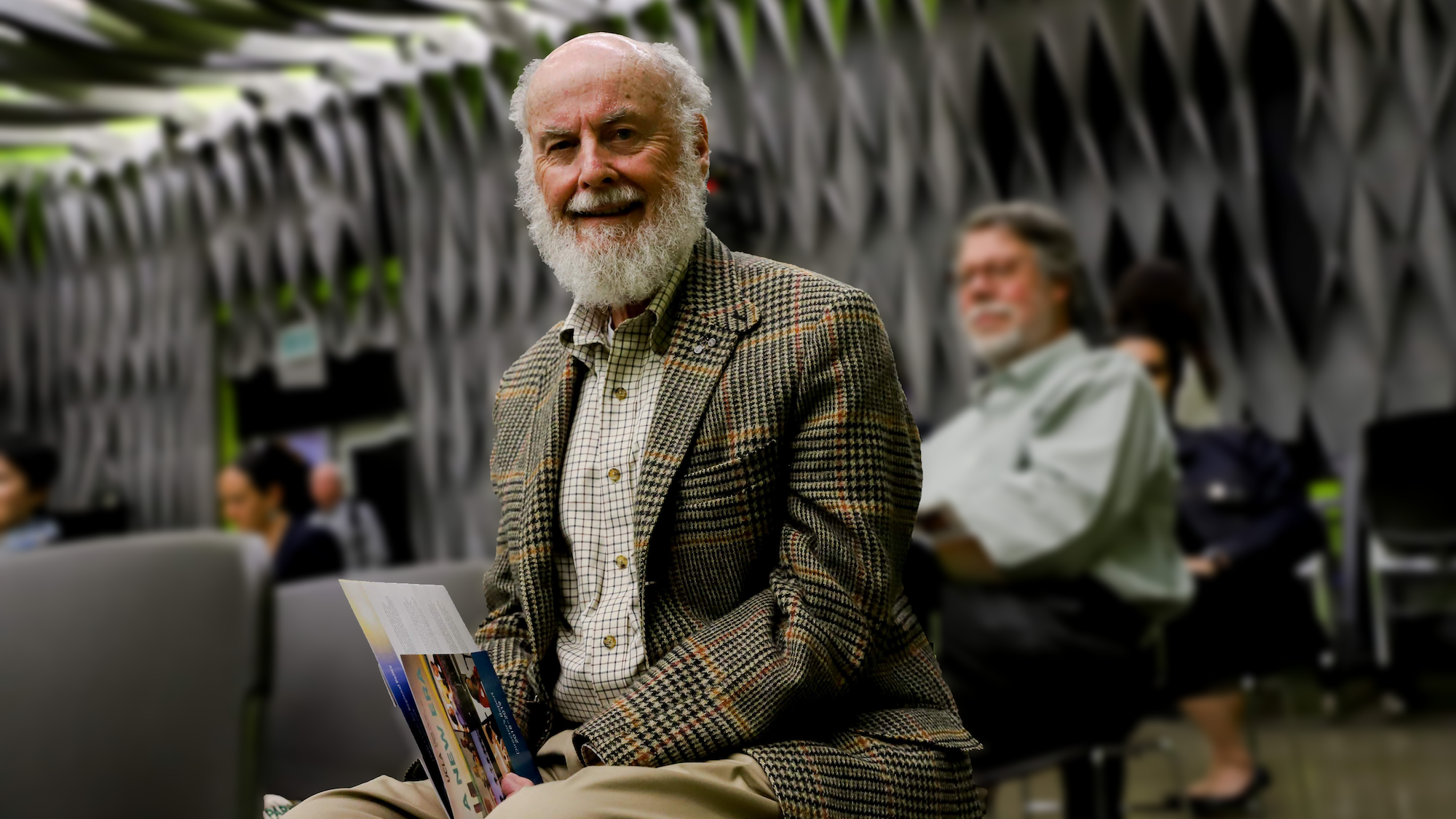
Remembering Donald Shoup
UCLA ITS’ 2nd director and a visionary scholar reshaped cities with his pioneering work on parking, inspiring legions of ‘Shoupistas’ and lasting change.


